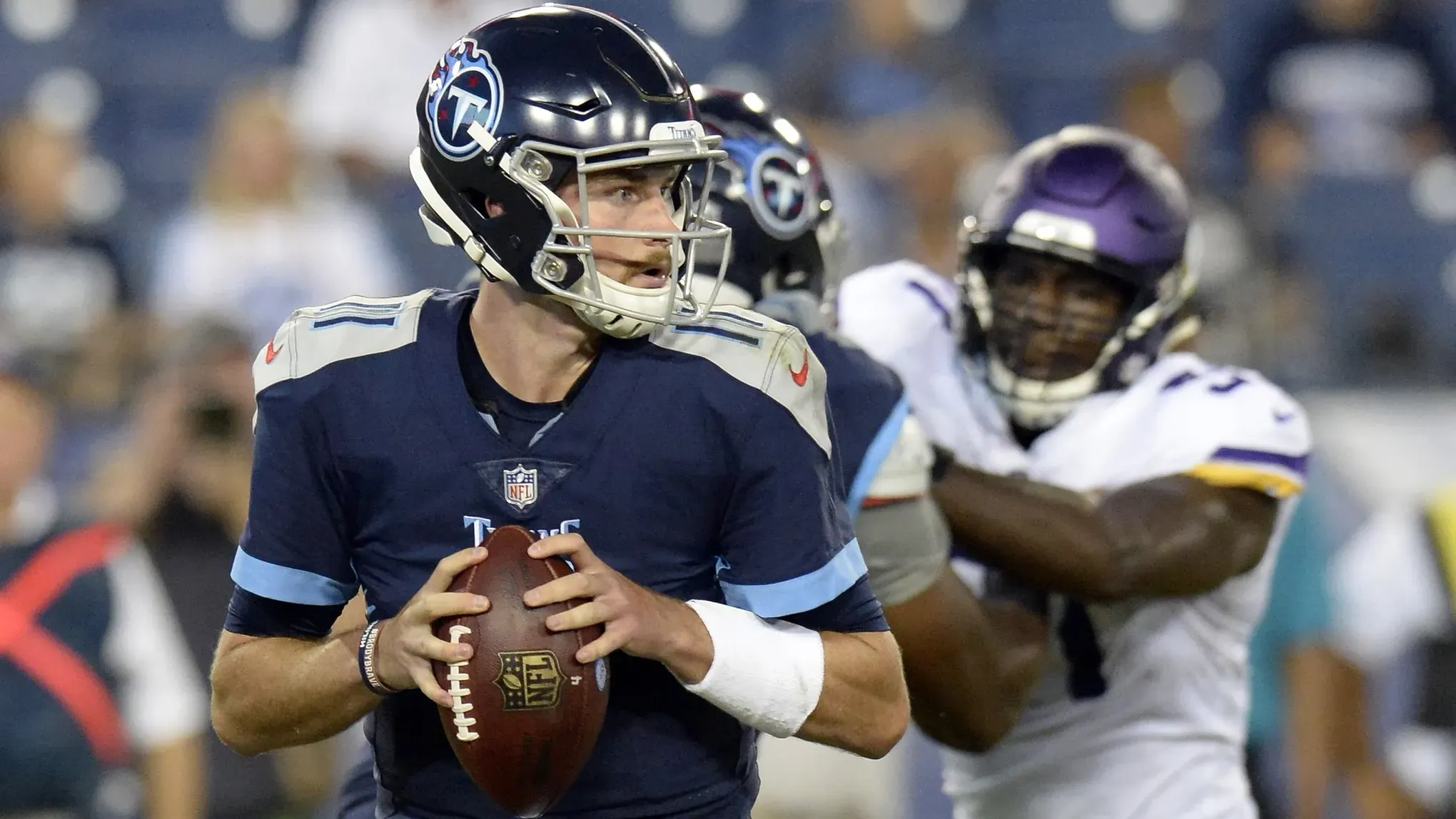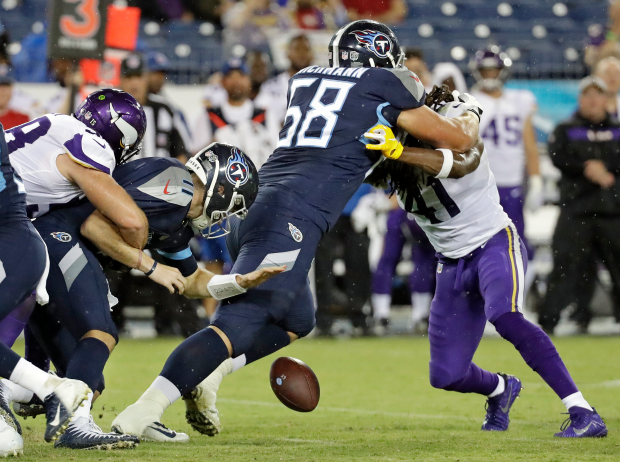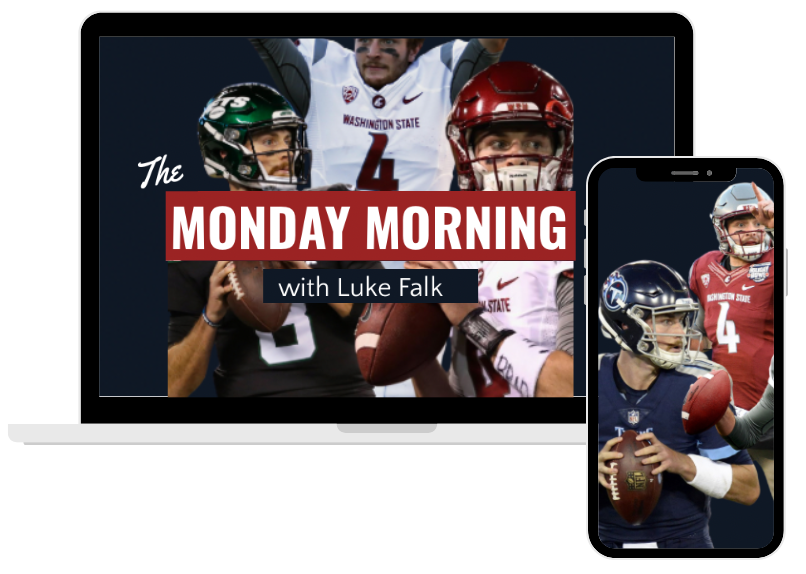My First NFL Start—and the Chaos That Came With It
Jul 14, 2025
“Throw the f’ing ball, Mike Vrabel!”
I could hear the slurred speech clearly— from my own drunk mom and uncle, sitting front row at the fourth preseason game of the 2018 season. We were playing the Minnesota Vikings. It was my first NFL start. My first real chance to prove myself. To make the roster.
The stadium was nearly empty. Starters were resting. A slow Tennessee rain drizzled down. So those words? They weren’t lost in the noise. Everyone heard them—my teammates, my coaches, the entire staff. And instead of locking in on the opportunity in front of me, I allowed my focus to be hijacked by the chaos in my environment.
After the game, the show continued. My parents got into another blowup—what had sadly become a routine post-game standoff. In fact, just two years earlier, it had gotten so bad they called the cops on each other.

And it wasn’t just family. My personal relationship had run its course—but neither of us wanted to walk away, so we stayed… stuck. My closest friendships faded. I isolated myself from people who grounded me. My inner environment was noisy. Heavy. Distracting. And it showed.
This scenario and period of my career is a perfect example of my old sports psychologists, Dr. Craig Manning’s, High Performance formula in action:
Potential + Training – Interference = High Performance
I had the potential. Up to this point the training was there.
But the interference was overwhelming me.
My Core 5—the five people closest to me—weren’t lifting me up. They were pulling me down. I had let a Trojan Horse into my gates, and it was taking me out from within.
In sports, we evaluate film to make corrections. We analyze grade reports to assess performance.
So why don’t we evaluate the relationships in our lives—when they’re just as critical to our success, mindset, and well-being?
Here’s the truth:
Just because somebody was in your Core 5 in a past season doesn’t mean they’re right for you in this season.
If you’re serious about your performance—on the field or in life—you’ve got to protect your environment.
And that starts with asking the tough questions about your Core 5:
- Do I become a better version of myself around them—or worse?
- If I fully adopted their habits, where would I be in 5 years?
- If my performance, quality of life, and mindset were the average of these five people… would I be okay with that?
- And maybe most importantly: Am I someone I’d want in my own Core 5?
Take inventory. Make adjustments. Set boundaries.
Because your environment isn’t neutral—it’s either pushing you forward or pulling you under.

